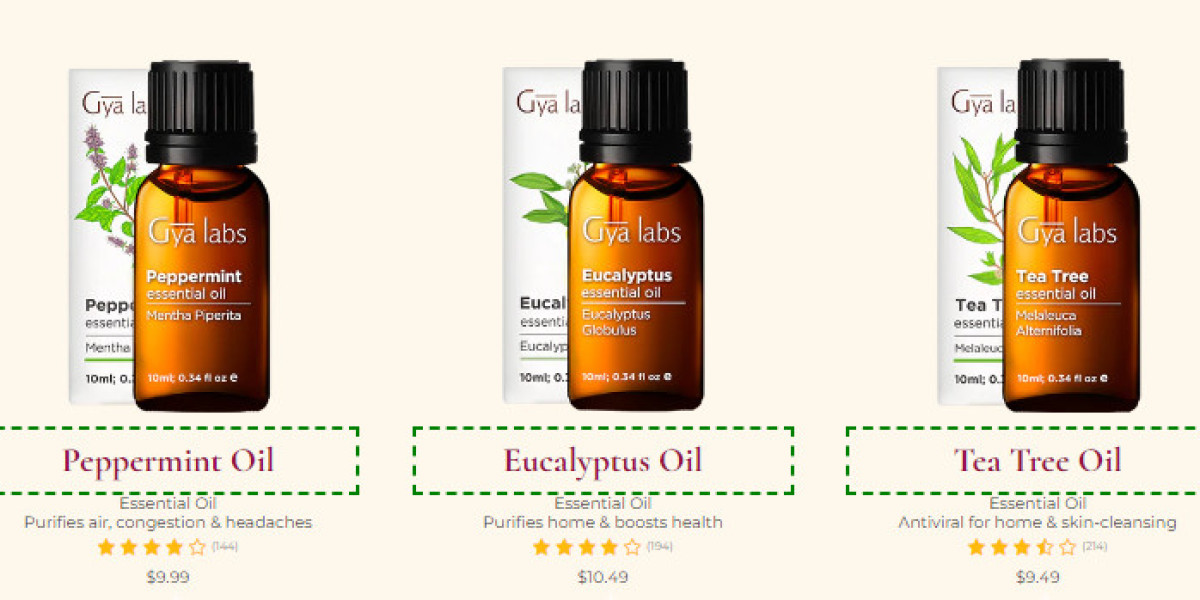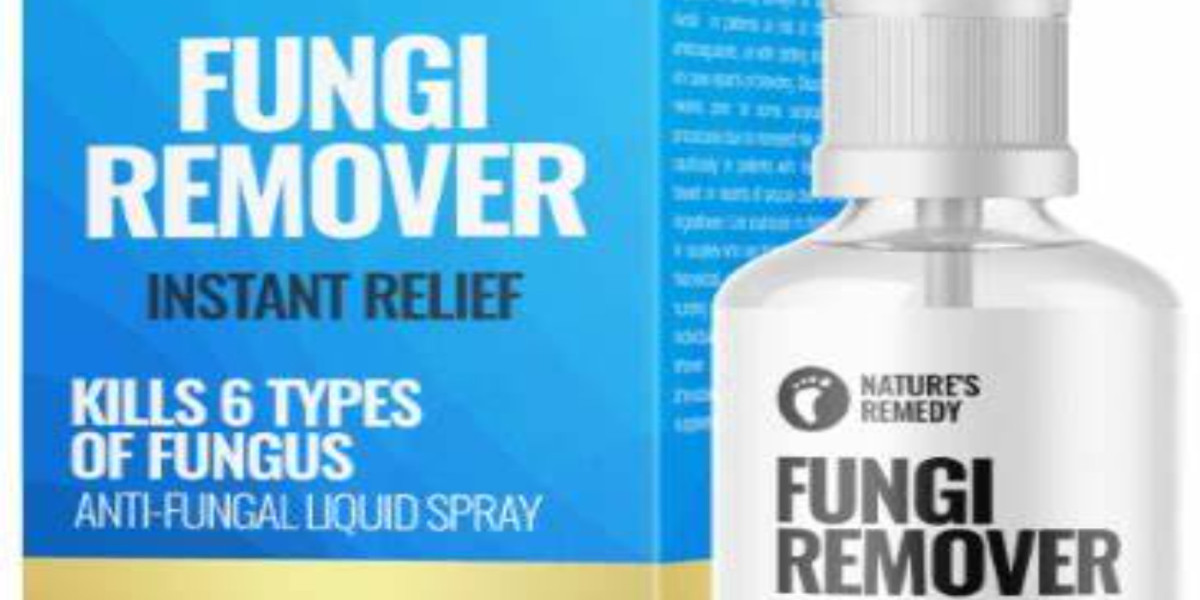In the world of essential oils, one gem stands out for its versatile healing properties – Eucalyptus Oil. Derived from the leaves of the eucalyptus tree, this oil is renowned for its potent medicinal qualities. Beyond its well-known use for respiratory issues, Eucalyptus Oil emerges as a powerful ally in wound healing. In this blog, we explore the dual benefits of Eucalyptus Oil, shedding light on its efficacy in both respiratory relief and wound healing.
Eucalyptus Oil for Respiratory Relief
Eucalyptus Oil has long been celebrated for its exceptional ability to provide respiratory relief. The oil contains compounds such as cineole, which exhibit antimicrobial and anti-inflammatory properties. When inhaled, Eucalyptus Oil can help alleviate symptoms associated with respiratory conditions, making it an excellent natural remedy for issues like congestion, coughs, and sinusitis.
The aromatic qualities of Eucalyptus Oil play a crucial role in its respiratory benefits. Inhaling the vapors of this oil can open up the airways, promoting easier breathing and reducing the severity of respiratory symptoms. This makes Eucalyptus Oil a popular choice for individuals seeking a natural and effective solution for respiratory discomfort.
Eucalyptus Oil in Wound Healing
Beyond its respiratory benefits, Eucalyptus Oil showcases remarkable properties that support the wound healing process. The oil possesses antiseptic and antimicrobial qualities, making it a valuable addition to your first aid kit. When applied topically, Eucalyptus Oil can help prevent infections in wounds and promote faster healing.
One of the key components in Eucalyptus Oil, known as eucalyptol, is responsible for its antimicrobial action. This compound acts against a broad spectrum of bacteria and fungi, safeguarding wounds from potential infections. Additionally, Eucalyptus Oil has anti-inflammatory properties, which can help reduce swelling and redness around wounds, creating an optimal environment for healing.
The Perfect Combo: Eucalyptus Oil for Respiratory Relief and Wound Healing
What makes Eucalyptus Oil truly exceptional is its ability to provide a dual benefit – respiratory relief and wound healing. Imagine having a natural remedy in your arsenal that not only eases your breathing but also supports the healing of cuts, scrapes, and minor wounds.
When diffused or applied topically, Eucalyptus Oil not only helps you breathe easier but also contributes to the overall well-being of your skin. Its soothing properties can aid in the recovery of minor skin injuries, providing a holistic approach to health and healing.
How to Use Eucalyptus Oil for Respiratory Relief and Wound Healing
Aromatherapy: Add a few drops of Eucalyptus Oil to a diffuser to create an invigorating and healing atmosphere in your living space. Inhaling the vapors can provide respiratory relief and promote a sense of well-being.
Topical Application: Dilute Eucalyptus Oil with a carrier oil like coconut or jojoba oil and apply it to the chest for respiratory benefits. For wound healing, apply the diluted oil directly to the affected area, ensuring it is clean and free from any debris.
Steam Inhalation: Boil water and add a few drops of Eucalyptus Oil. Inhale the steam with a towel over your head to ease respiratory congestion.
First Aid Kit Essential: Keep a small bottle of Eucalyptus Oil in your first aid kit for immediate use on minor wounds and cuts. Its antiseptic properties make it an excellent on-the-go solution for skin injuries.
Conclusion
In the realm of essential oils, Eucalyptus Oil emerges as a true multitasker, offering both respiratory relief and wound healing properties. Its natural composition and centuries-old reputation for healing make it a valuable addition to any wellness routine. Whether you're combating respiratory issues or tending to minor wounds, Eucalyptus Oil stands out as one of the best essential oils for wound healing, providing a soothing and effective solution for your health and well-being.


